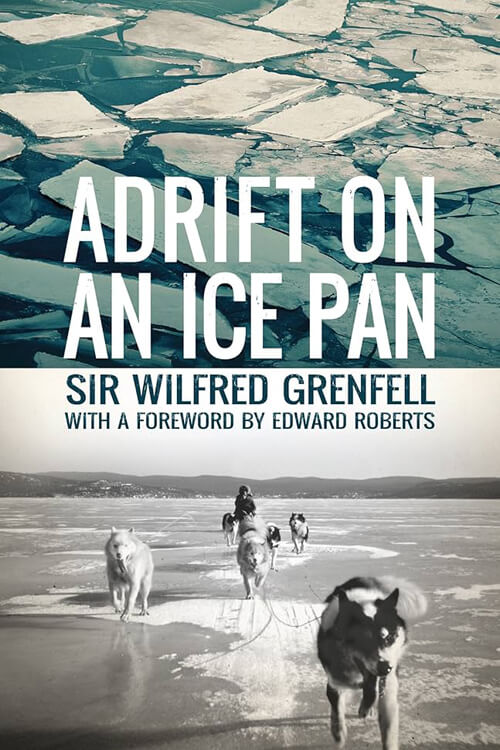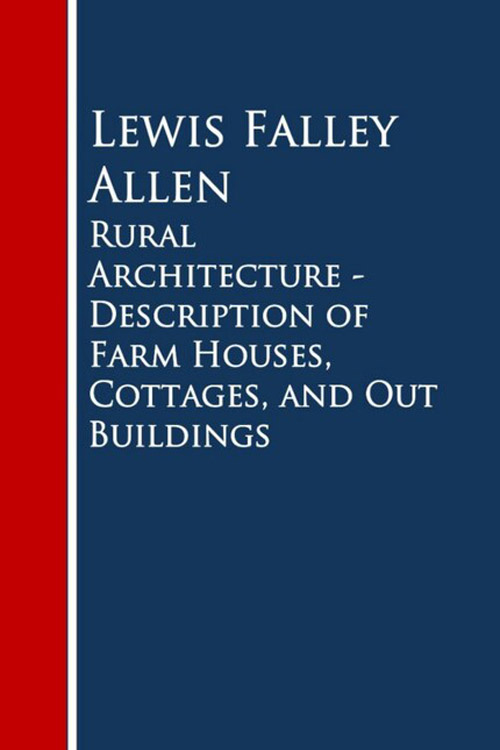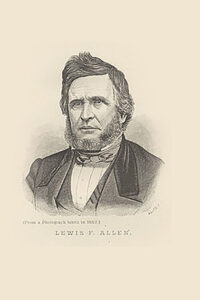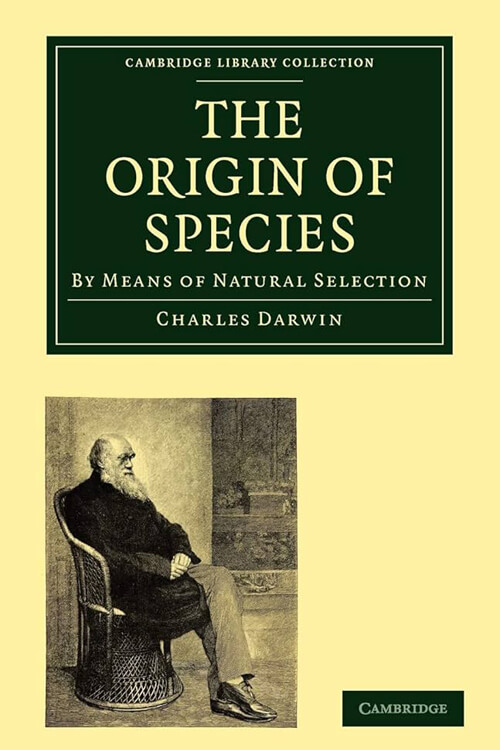
Rural Architecture Being a Complete Description of Farm Houses, Cottages, and Out Buildings
This work owes its appearance to the absence of any cheap and popular book on the subject of Rural Architecture, exclusively intended for the farming or agricultural interest of the United States. Why it is that nothing of the kind has been previously attempted for the chief benefit of so large and vital a class of our community as our farmers comprise is not easy to say unless it is that they have indicated but little wish for instruction in a branch of domestic economy which is, in reality, one of great importance, not only to their domestic enjoyment but their financial welfare.
It is, too, perhaps, among the category of neglects and in the lack of fidelity to their interests which pervades the agricultural community of this country, beyond those of any other profession—for we insist that agriculture, in its true and extended sense, is as much a profession as any other pursuit whatever. To the reality of such neglect, they have but have awakened and indeed are now far too slowly wheeling into line for more active progress in the knowledge about their advancement.
The present work is intended as an accessory to their labours in such advancement. It is an opinion far too prevalent among those engaged in the more active occupations of our people—fortified indeed in such opinion by the too frequent example of the farmer himself—that everything connected with agriculture and agricultural life is of a rustic and uncouth character; that it is a profession in which ignorance, as they understand the term, is entirely consistent, and one with which no aspirations of a high or an elevated character should, or at least need be connected. It is a reflection upon the integrity of the great agricultural interest of the country that any such opinion should prevail and be discreditable to that interest and that its condition or example should, for a moment, justify or even tolerate it.
Read or download Book
Lewis F. Allen
Lewis Falley Allen (January 1, 1800 – May 2, 1890) was an American farmer, businessman, politician and prominent Buffalonian.
Biography.
Allen was the uncle-in-law of President Grover Cleveland and is credited with introducing Cleveland to the practice of law and politics, paving the way for his eventual presidency. Lewis Falley Allen was born on January 1, 1800, in Westfield, Massachusetts, the son of Samuel Allen (1777-1855) and Ruth Falley (1776-1826). His grandfather was Captain Richard Falley (1740-1808), partially of French Huguenot descent, who was an American soldier who fought in the Battle of Bunker Hill, built a musket armoury at Mt. Tekoa, and was the armourer to the 18th Mass. regiment.
Samuel Allen, the youngest of 11 children, was not a farmer but went into the mercantile business like his father. Allen received most of his formal education at the academy in his hometown, finishing in December 1812. When he was 13 years old, he went to New York City and began working as an apprentice for a wholesale importing and jobbing dry goods house. After that summer, he returned to work with his father, who had moved his mercantile business from New York to Connecticut, where he manufactured woollen goods. In 1818, Allen moved to Sandusky, Ohio, to work for his uncle, one of the area’s largest landowners.
After three and a half years, Allen returned to New England, where he worked for his fathers and his younger brothers again. 1826, they sold the business, and all moved to New York again. In early April 1827, Allen came to Buffalo to serve as secretary and financial manager of the Western Insurance Company, which the New York State Legislature chartered in New York City. At the time, the insurance industry was small. Buffalo was unpaved, had no sidewalks, and had a population under 3,000. Within the next three years, the Western Insurance Company’s charter expired, and Allen and other local businessmen obtained a new charter for “The Buffalo Fire and Marine Insurance Company.”
In 1829, he bought a farm lot of 29 acres extending from Main Street to the “State Reservation line” of Black Rock for $2,500 (equivalent to $69,000 in 2022). He purchased several other plots of land through auction, which were later sold for significant increases in value as old wooden structures were torn and new brick buildings were constructed along with the growing city. About 1831, Allen was appointed the financial agent of the New York Life Insurance and Trust Company, which authorized him to make loans on their behalf in Erie County, New York. He held this position until 1833 and made loans of $200,000 (equivalent to $5,674,000 in 2022) in the then-village of Buffalo. He made additional loans of $100,000 (equivalent to $2,837,000 in 2022) outside of the city to farms, all of which were repaid in full with no defaults. By 1884, the population of Buffalo had grown from nearly 3,000 in 1827 to 200,000.






